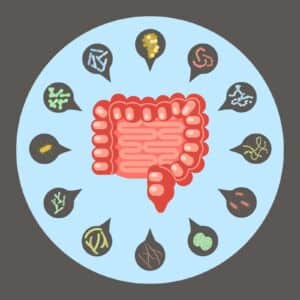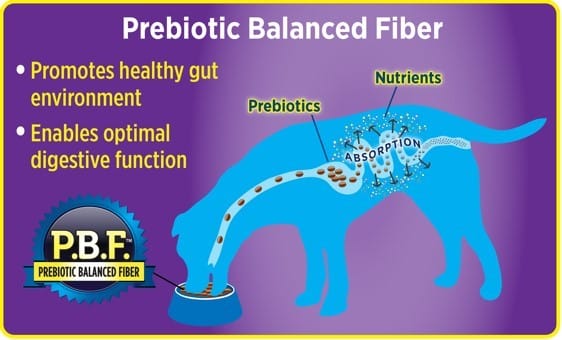Why is the Digestive System Important?

The Digestive System includes the teeth, mouth, stomach, esophagus, intestine (small, large), anus, pancreas, and liver. The primary function of the digestive system is digestion and absorption. Digestion is the breakdown of food into small molecules, which are then absorbed into the body. The digestive system is divided into two major parts: The digestive tract (alimentary canal) is a continuous tube with two openings: the mouth and the anus.
The gut plays a key role in natural immunity to disease, and maintaining a healthy gut can contribute to health. Fiber, protein, fat, and prebiotics all benefit the digestive system. Whole grains, seeds, and legumes can be used as a source of fiber. Fiber is classified as soluble, insoluble or viscous. Fiber is also classified as fermentable  or non-fermentable. Highly digestible protein sources support gastrointestinal health and stool quality.
or non-fermentable. Highly digestible protein sources support gastrointestinal health and stool quality.
Having a diverse population of prebiotics provides nourishment for the gut bacteria, which in turn nourishes the entire body. When the digestive system has a variety of fibers with a precise blend it can produce an optimal environment in the digestive tract to create prebiotics.
